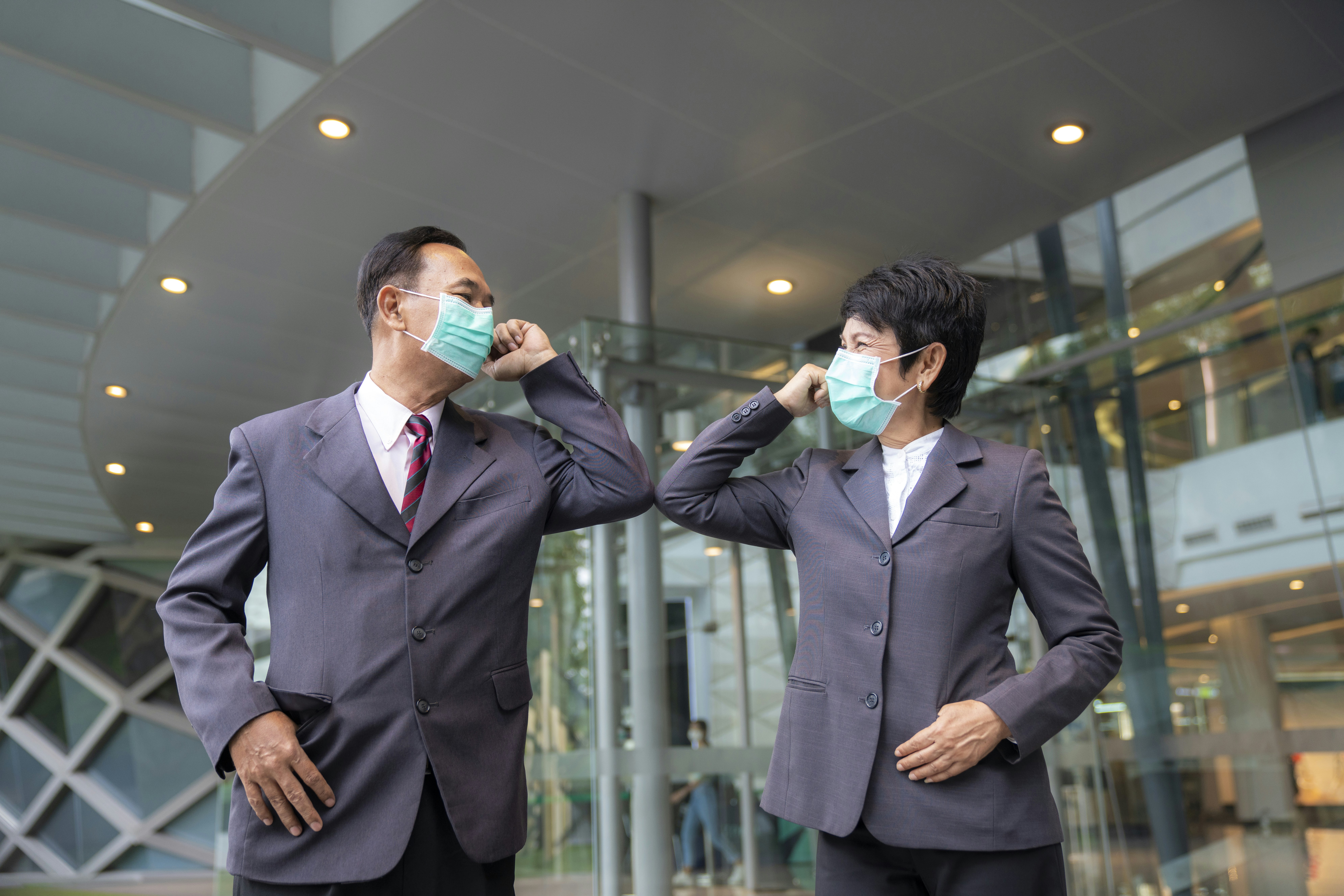Being productive in various environments
Across Australia, with the exception of Melbourne, many businesses are opening their offices back up again after spending months with employees working from home. It is, of course, a good idea to allow remote work during a global pandemic, and coming back to a physical workplace will take some getting used to for all involved.
However, it will take more than just an acclimation period for employers, because they also need to make sure their workers are going to be safe and productive in these uncertain times.
Where to begin
First and foremost, companies need to consider their legal obligations when it comes to bringing workers back to the office, according to Safe Work Australia. In many cases, they may not be able to successfully eliminate the risk of COVID-19 transmission, but doing all they reasonably can to minimise that hazard is legally required. This should include the following steps:
1) Continue allowing work-from-home policies for those who are uncomfortable returning to the office - especially those who have young children or may be immunocompromised.
2) Requiring workers who have previously been sick to stay home until further notice.
3) Rearranging your office to ensure proper social distancing.
4) Giving workers access to hygiene products and putting together a code of conduct that all employees should follow regarding sanitary practices.
5) A stronger commitment to cleaning and sanitising on an ongoing basis.
If people other than your own employees will be entering your business - as with a restaurant or retail store, for example - you may also need to do more to protect your patrons.
Getting it right
A massive global pandemic is likely an entirely new situation for everyone in your workplace, and all involved may have to be more conscientious to make sure they're keeping themselves - and others - safe, according to the NSW Government. For that reason, companies should be careful when rolling out new policies and bringing people back to the office to educate employees about the best practices for reducing infection risk.
This should include basic workshops about good health and hygiene under these conditions. Although many people will be familiar with these issues from the months they spent at home, it's nonetheless important to reinforce such practices.
Moreover, businesses would be wise to at least give proper instruction about protective gear workers can wear to reduce infection risk, but it would likely be better to actively provide that equipment whenever possible. At a bare minimum, providing sanitising products in the office will be a great way to reduce that risk.
For any companies that require workers to travel out of the office (such as freight drivers or salespeople), additional precautions should be taken as well.
Changing the mindset
These practices may all represent big changes to how companies normally operate, but taking a safety-first approach is more than appropriate at this time. As PricewaterhouseCoopers notes, it's important to have plans for every contingency, including who you will allow or require to come back to your facilities, and when you'll do it.
This could, for instance, be a slow process - in which, for example, you bring a skeleton crew back at first and still allow work-from-home flexibility. You should also be prepared to answer any and all questions from workers about what they need to do at these times.
As an organisation, it's vital to put your employees' safety at the top of your priorities list, more so than any other consideration. After all, it's not only about just protecting those valued workers, but also reducing your liability and risk.
If you need help with your company's financial situation in the wake of the novel coronavirus pandemic, it's a good idea to work with the experts to find you the cashflow you need.
For more information about how you can do this quickly and easily, get in touch with the experts at Earlypay today.
Sources:
https://www.safeworkaustralia.gov.au/covid-19-information-workplaces
https://www.nsw.gov.au/covid-19/businesses-and-employment
https://www.pwc.com/us/en/services/governance-insights-center/library/covid-19-returning-workplace-boards.html
https://www.shrm.org/resourcesandtools/hr-topics/employee-relations/pages/bringing-them-back-questions-for-hr-from-returning-workers.aspx
